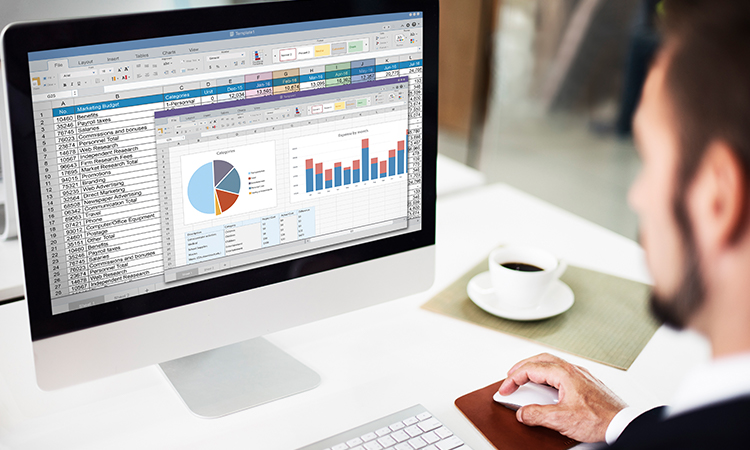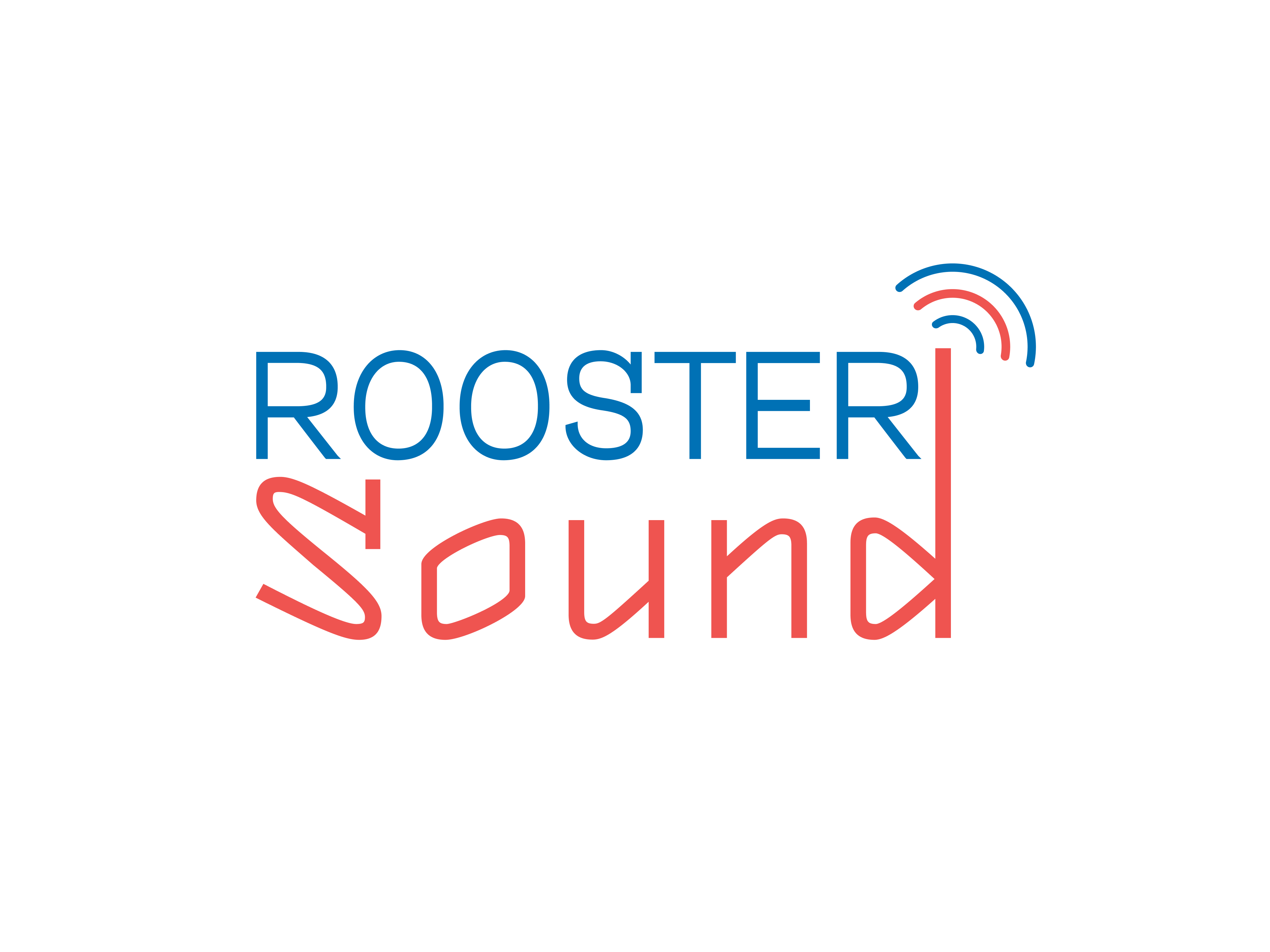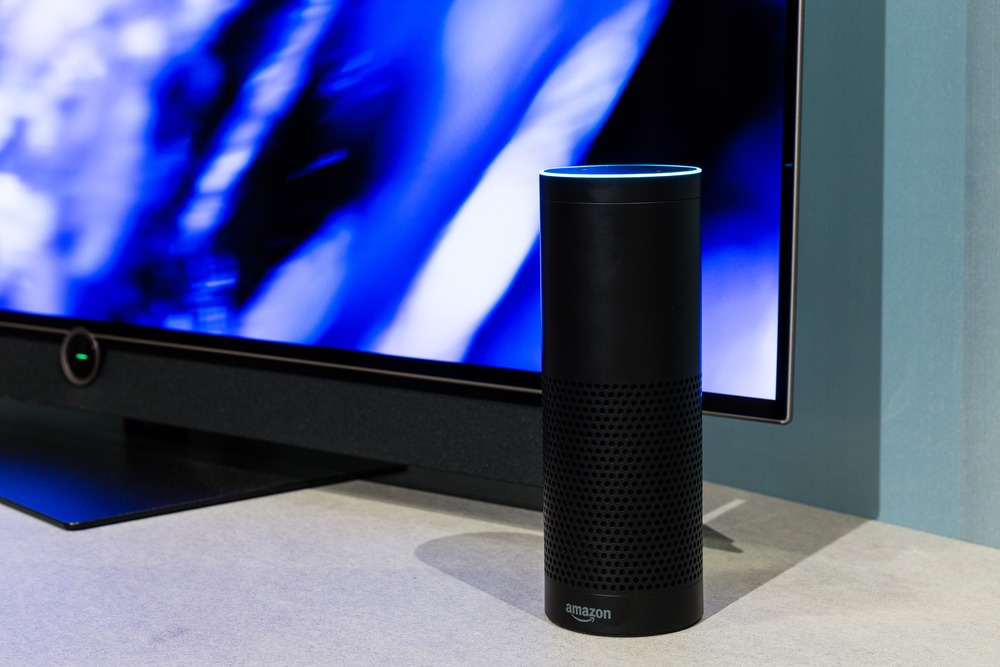Data Science for Business: How is it Different from Business Analytics?
Data Science for Business: How is it Different from Business Analytics?

Data Science and Business Analytics have many similarities and work well together in most business operations. However, business analytics has little use in IT or robots. Data Science is critically necessary for any function that demands advanced data-driven solutions, and here is where the two professions begin to diverge.
On the other hand, business analytics is restricted to company operations and is a highly specialized area that focuses on decision-making and optimizing business processes.
The benefits of Data Science are numerous, ranging from helping businesses to enhance sales through data-driven marketing or commercials to constructing Artificial Intelligence (AI) systems that learn by conversing with humans and then correctly mimic human reactions. The options are limitless.
Business Analytics is responsible for giving organizations that use Business Analytics approaches and technologies a significant competitive advantage. A competitive advantage in the market is critical in today’s world, especially with the enormous number of alternatives available to customers or consumers in terms of products and services.
Businesses will fall behind if they do not use business data properly and do not employ Business Analytics, especially if their competitors use an array of complex analytical tools such as Tableau, R, Python, or Microsoft Power BI.
Nonetheless, Business Analytics assists businesses in reducing expenses, reducing waste, increasing production capacity, improving operations and customer happiness, and increasing overall income. Let us study more about these two disciplines and comprehend their contrasts.
What is Data Science?
The process of creating, cleaning, and organizing datasets to evaluate and extract significance is known as data science for business. Data analytics, on the other hand, is analyzing and understanding data. Both of these strategies have numerous similarities and are effective in the business.
Data science necessitates that you:
- Create hypotheses
- Conduct experiments to collect data
- Analyze the data’s quality
- Datasets should be cleaned and streamlined
- For analysis, data should be organized
To collect and analyze huge data, data scientists frequently build algorithms in coding languages such as SQL and R.When algorithms are adequately created and well tested, they can identify facts or patterns that humans miss. They may also significantly speed up data collecting and processing activities.
For a variety of reasons, data science is important in business:
- Data Science assists organizations in monitoring, managing, and collecting performance metrics to improve decision-making throughout the organization.
- Trend research may help businesses make critical decisions to increase customer engagement, company performance, and revenue growth.
- Data Science models use real-world data to simulate a variety of activities. As a result, organizations may seek people with professional credentials who have completed the top data analytics courses.
- Data Science helps businesses discover and refine target audiences by combining current data with new data points to deliver useful insights.
As a result, an online Data Science degree may provide the necessary information for workers to upskill themselves without breaking their schedule.
What is Business Analytics?
Business analytics (BA) combines disciplines and technologies that use data analysis, statistical models, and other quantitative approaches to solve business issues. It comprises doing an iterative, thorough assessment of an organization’s data to drive decision-making, focusing on statistical analysis
Data-driven businesses regard their data as a corporate asset and actively seek methods to leverage it to gain a competitive edge. Data quality, trained analysts who understand the technology and the company, and a dedication to leveraging data to uncover insights that influence business choices are all required for success with business analytics.
Difference: Data Science vs. Business Analytics
Analytics is used in data science to inform decision-making. Data scientists use advanced statistical approaches to investigate data. They let the data’s characteristics lead their analysis.
Although advanced aspects of business analytics are similar to data science, there is a divide between what data scientists and business analysts perform. Data science is not always included even when powerful statistical methods are used for data sets.
This is because proper data science employs bespoke code and investigates responses to open-ended inquiries. Business analytics, on the other hand, seeks to answer a specific issue or address a specific problem.
DATA SCIENCE |
BUSINESS ANALYTICS |
| The study of data utilizing statistics, algorithms, and technology is known as data science. | Business analytics is the statistical examination of business data to acquire insights. |
| It makes use of both organized and unstructured data. | It mainly uses structured data. |
| Coding is commonly employed. This discipline combines classical analytics with solid computer science understanding. | There isn’t much code involved. It is more focused on statistics. |
| Following coding, statistics is employed after the analysis. | The whole analysis is built on statistical ideas. |
| Almost every trend and pattern is studied. | Examines business-specific trends and tendencies. |
| Data science is widely employed in the following industries/applications: e-commerce, banking, machine learning, and manufacturing. | Finance, healthcare, marketing, retail, supply chain, and telecommunications are among the top industries that employ business analytics. |
Conclusion
A data scientist must focus more on data creation since it provides insights in all directions, whereas a business analyst handles data solely in the realm of business needs. Both jobs are critical to the growth and development of a company.
Thus, if a person has more strong and logical skills but less understanding of programming and computer science, they might pursue a career in Business Analytics. This domain would be simple to grasp for any newcomer.
However, if you are interested in coding and are comfortable with machine learning methods, or if you are interested in data analysis, you can pursue a career in Data Science. I hope this blog answers most of your questions and provides the necessary information to distinguish between Data Science and Business Analytics.







